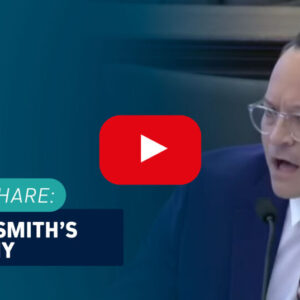Pope Francis challenged doctors until his final moments – cause of death revealed
Pope Francis passed away at the age of 88 on April 21, 2025, at the Saint Martha residence in the Vatican. His final moments were suggested to be serene, as details reveal he was awakened by his alarm clock at 6 AM. However, shortly thereafter, he succumbed to illness, dying from a cerebral stroke that occurred around 7:35 AM. Contrary to some reports, the Vatican has clarified that pneumonia was not the cause of death; instead, it was a combination of health complications, including a history of heart disease, high blood pressure, and diabetes.
A Life of Service to the Last Breath
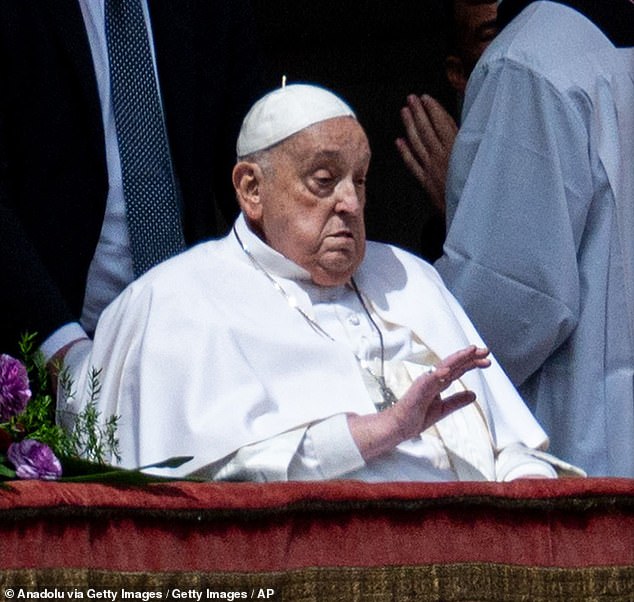
Leading up to his passing, Pope Francis displayed unwavering commitment to his duties. Just days before he died, he made a poignant public appearance during the Easter celebrations, addressing thousands of faithful in St. Peter’s Square. His message during the Urbi et Orbi blessing called for peace and an end to ongoing global conflicts. This appearance highlighted not only his dedication but also his ability to connect spiritually with devotees, even against medical advice, reflecting his devotion to his role as a shepherd of the Church.
Tributes and Legacy of the First Latin American Pope
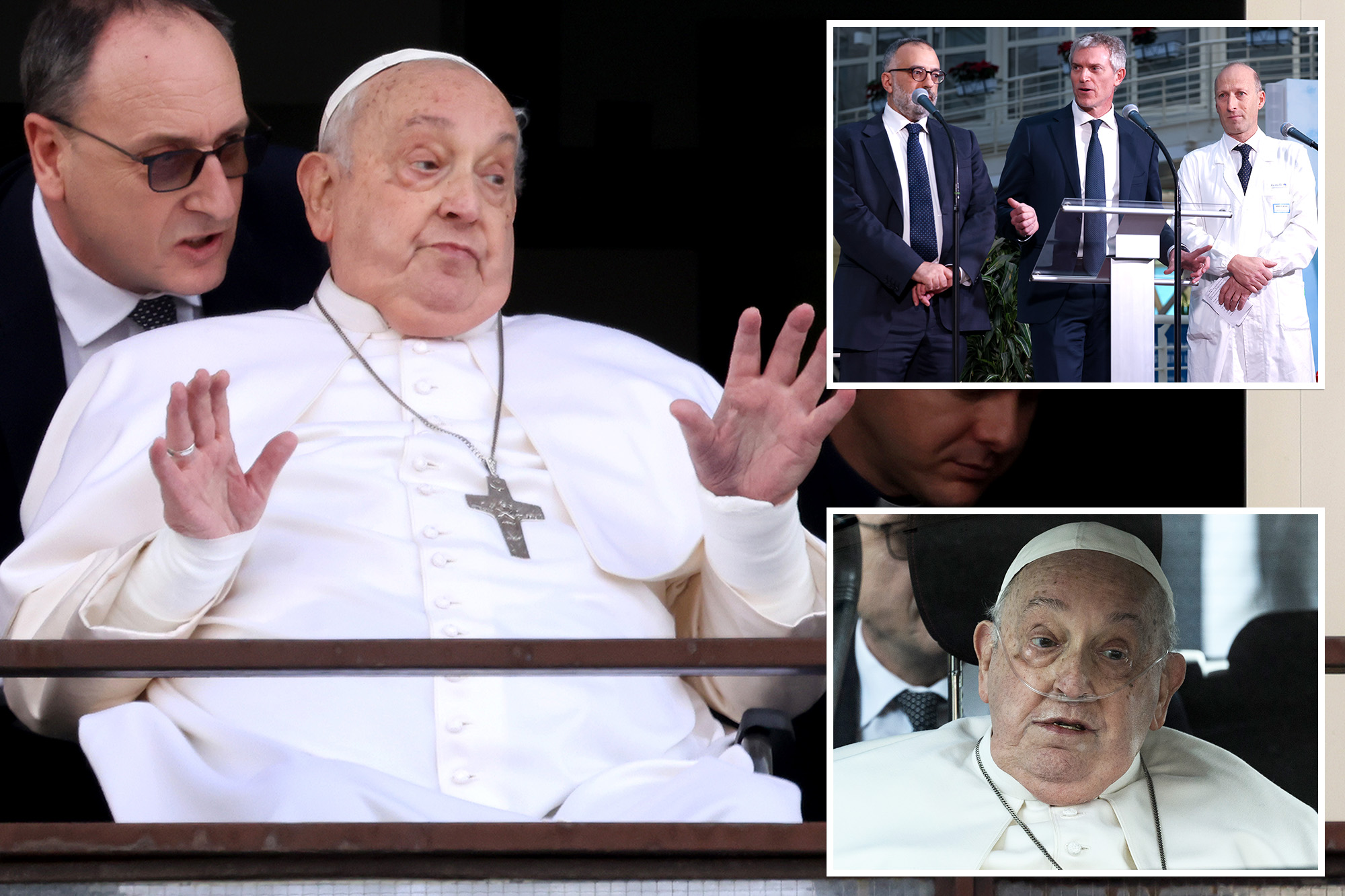
As news of his death spread, tributes flooded in from leaders and citizens around the world who mourned the loss of Pope Francis, the first Latin American pontiff in history. Throughout his papacy, he was renowned for his progressive stance on various issues, including climate change, social justice, and support for marginalized communities. Church officials announced plans for his body to lie in state at St. Peter’s Basilica for the public to pay their final respects, ultimately leading to a burial at Santa Maria Maggiore.
The Future of the Catholic Church Post-Francis
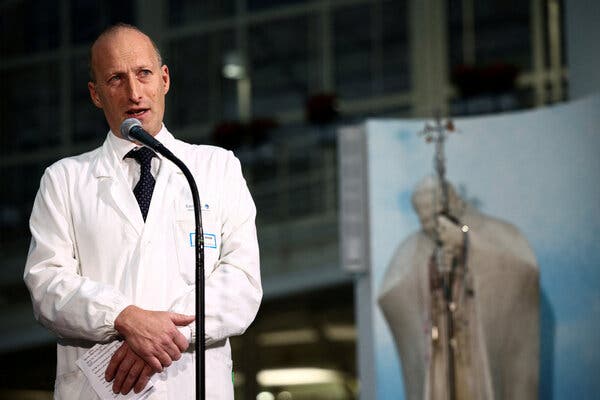
The passing of Pope Francis marks a pivotal moment for the Catholic Church, as speculations about his successor intensify. With various candidates from different parts of the world, including notable figures from Africa and Asia, the Church faces a crucial transition period. This moment of change is significant as the new pope will be tasked with addressing contemporary issues that resonate with the global congregation, many of whom look to the Church for guidance in a rapidly evolving world.
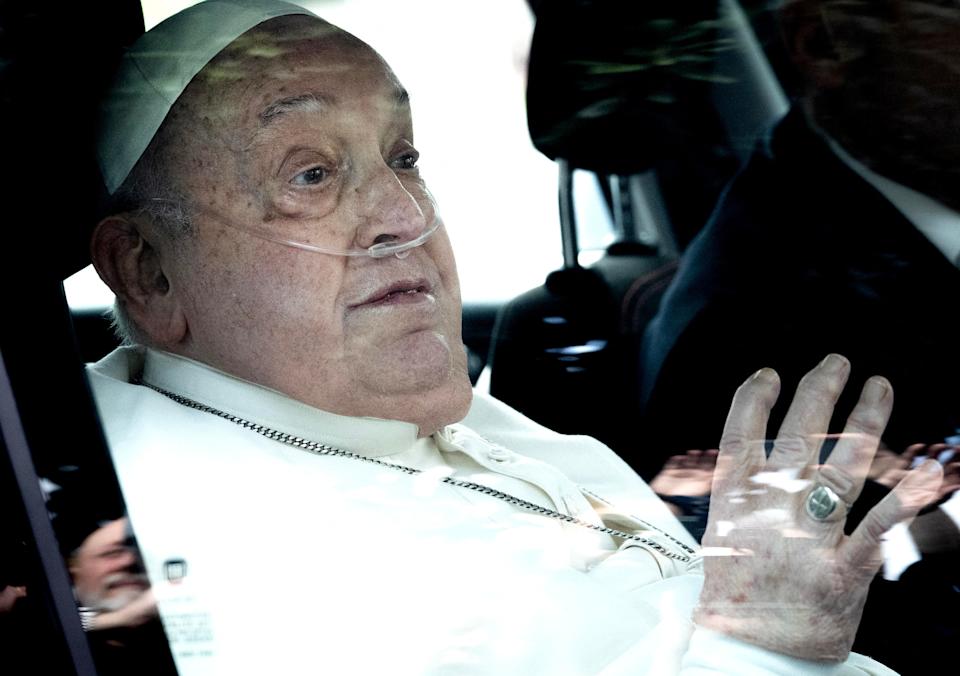
The legacy of Pope Francis is certain to be characterized by his liberal approach compared to previous popes, alongside his efforts to navigate complex social issues. As we reflect on his contributions, the impending selection of his successor will be a time of introspection and hope for the future of the Catholic Church. While we mourn the loss of this influential leader, it is also a moment for both the Church and its followers to prepare for the next chapter in their shared journey.



